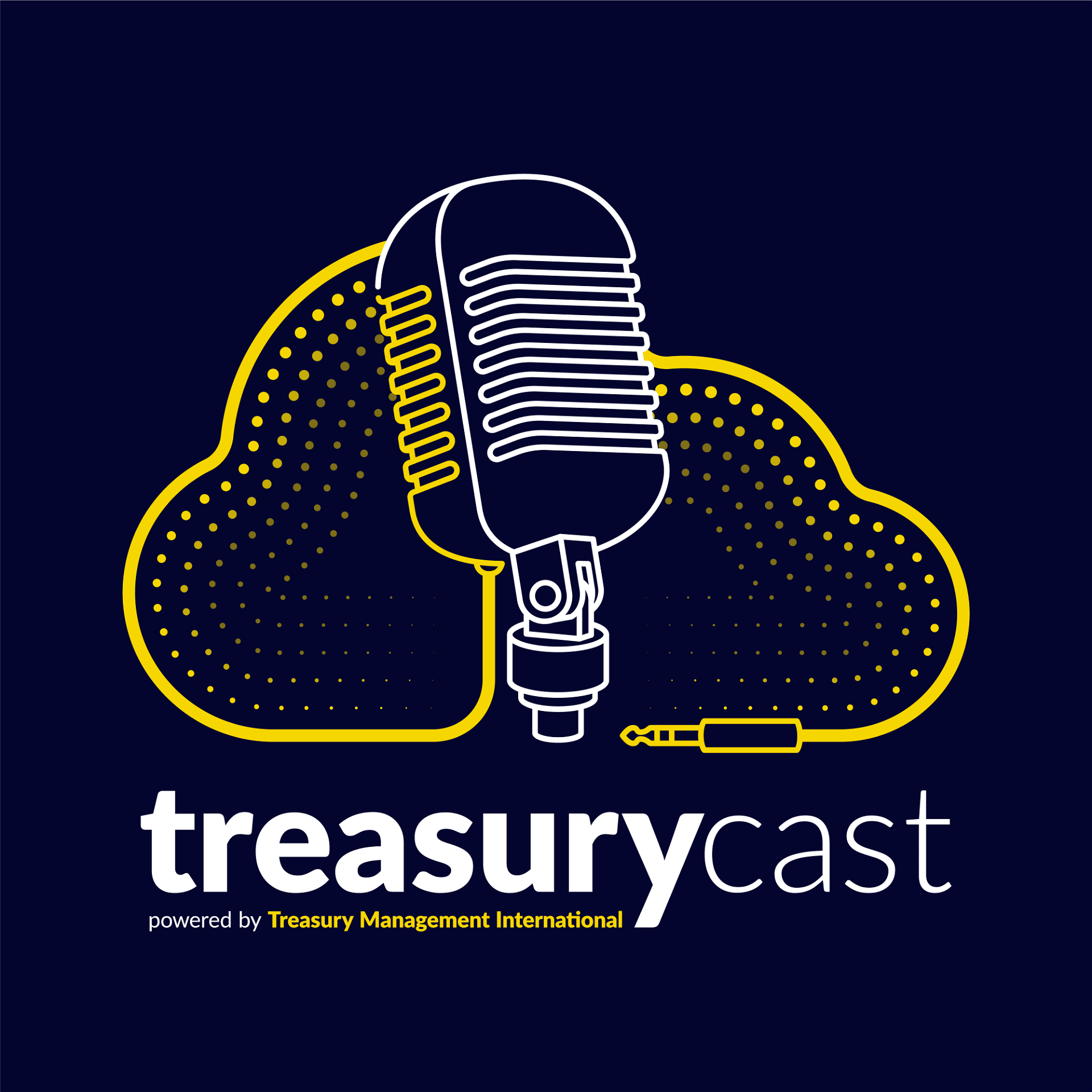- Likely driven by upcoming money market fund reforms, more than half of European treasurers will consider changing their investment policies and will re-evaluate cash decision making
- To mitigate impact of negative deposit rates, European cash investors are significantly more likely to have increased credit risk compared to corporate treasurers in the Americas and Asia
London: More than half of European liquidity investors (58%) are considering changing their investment policies to cope with the evolving regulatory environment, according to data released today by J.P. Morgan Asset Management. The ‘J.P. Morgan Asset Management Investment PeerView 2017’ survey polled treasurers, chief investment officers and senior cash decision makers around the globe collectively representing more than $1.2 trillion in cash assets under management, including 129 companies across Europe.
The Council of the European Union recently formalised new money market rules, which will go into effect in late 2018 or early 2019. The long-awaited confirmation will bring some meaningful changes to money market funds, including certain stricter liquidity and redemption requirements.
“The new regulations will prompt change, but it’s important to point out that they provide a level of optionality which will ultimately allow money market funds to continue to offer investors the advantages that they currently enjoy,” said Jim Fuell, Head of International Global Liquidity Sales at J.P. Morgan Asset Management.
“Whilst investors may not have been widely aware of gates/fees aspects of many short-term cash investment options, they’ve actually always been embedded in the structure of UCITs and in fact are not that much of a departure,” continued Fuell.
Although the majority of European cash investors are already pondering investment policy changes, 44% of respondents said they need more time and/or information before they decide on their preferred money market fund structure under the new rules. Among those considering new structures, 43% ranked risk of gating or a liquidity fee as the most important factor in their decision-making process.
“At this stage the LVNAV (low volatility NAV) money market fund option is expected to be the likely choice for many investors. Thus far, this option is being viewed as most akin to the CNAV (constant NAV) short term money market fund to which many investors are currently allocated,” said Fuell.
Amongst other key findings of the J.P. Morgan Asset Management Investment PeerView 2017 survey for European investors:
- Although treasurers are first and foremost focused on capital preservation and liquidity, yield remains an important consideration. Capitalising on current yield opportunities and anticipating what is likely to be an environment of slowly rising rates, respondents globally reported a net increase in expected allocations to stable NAV, floating NAV and ultra-short/short-term bond funds over the next year. Specifically in Europe, nearly one quarter (24%) of respondents are considering increasing their investment in floating NAV money market funds in the next year.
- European firms are not standing still in the face of negative deposit rates. They are significantly more likely to have increased credit risk compared to companies in the Americas and Asia Pacific (35% vs. 15% and 16%, respectively). This indicates increased appetite for moderately riskier assets as well as limited capacity from European banks to hold cash on deposit given Basel III.
“As this survey shows, we continue to observe an evolution in cash segmentation (categorising cash by liquidity need) that corporate treasurers are increasingly undertaking, with 70% of respondents saying they can forecast cash flows out for a month or longer. This has led to treasurers becoming more strategic with their non-immediate cash in a continued low rate environment. With appropriate segmentation, liquidity investors can benefit from allocating a portion of their cash to a broader investible universe with greater corporate diversity, whilst maintaining a highly risk controlled environment,” concluded Fuell.





